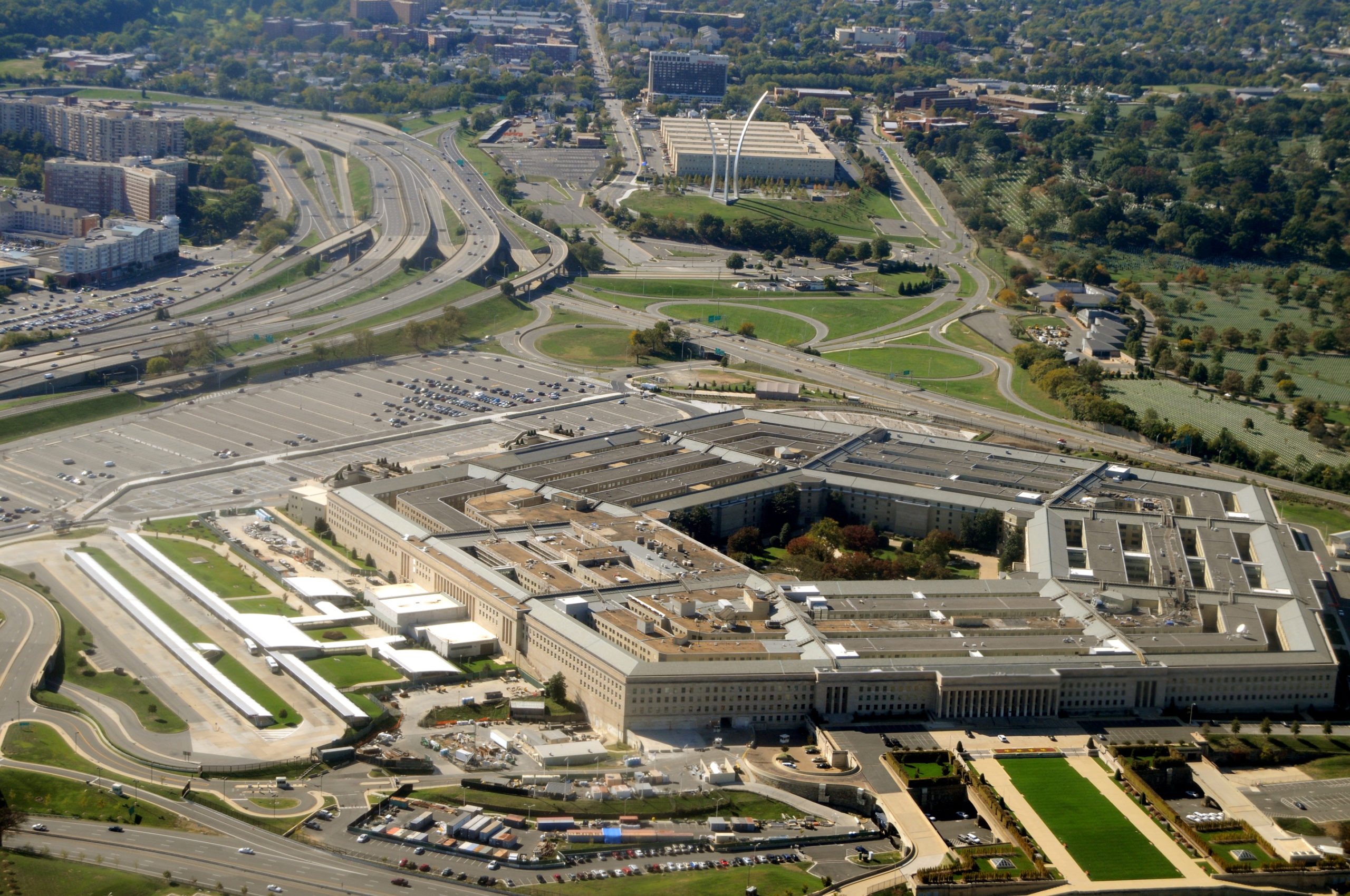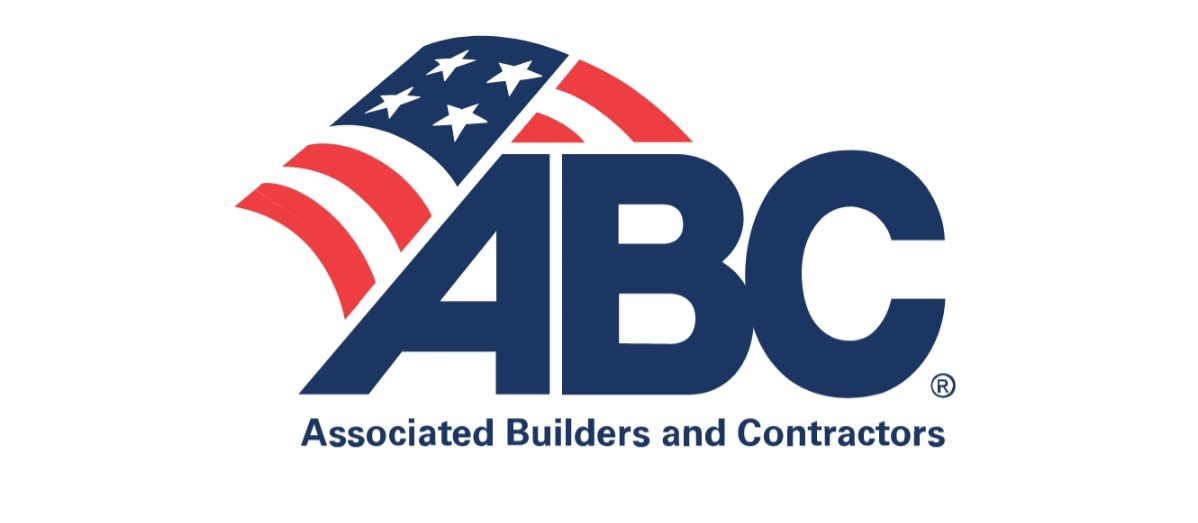Posts tagged Blacklisting
WIOA Reauthorization Draft Includes “Blacklisting” Provision, Violating Employers’ Due Process Rights
July 3, 2024 // The blacklisting provision, if implemented, would bar employers from WIOA funding based on findings that are still subject to appeal. As a result, an employer may be denied funding even though a court may rule on appeal that the employer did not violate the law. Efforts to blacklist employers from federal initiatives and funding began under the Obama administration when it issued Executive Order 13673, “Fair Pay and Safe Workplaces,” in July 2014. The Executive Order called for the debarment or suspension of federal contractors from the federal procurement process for allegations of labor and employment law violations. A final rule and guidance implementing the Executive Order were issued in August 2016, but both were blocked from taking effect by the U.S. District Court for the Eastern District of Texas and by Congress via a Congressional Review Act (CRA) resolution.

The FTC’s Indefensible Position on Collective Bargaining
April 19, 2023 // In remarks last week at the University of Utah School of Law, FTC Commissioner Alvaro Bedoya argued that independent contractors should be allowed to bargain collectively. He acknowledged that courts have always treated collective bargaining by contractors as illegal under federal antitrust law. But he claimed that these courts have made a mistake: in fact, Congress never meant to stop small contractors, like truckers or plumbers, from forming a union and bargaining together. Bedoya’s interpretation would upset a century of careful balancing between antitrust and labor policy. It would also expose the contractors themselves to serious risks of abuse. And it would undermine well-established rules against collusion, price fixing, and other restraints on trade. To see why Bedoya is so wrong, you have to understand labor law and antitrust law’s tangled history. Let’s start with section 1 of the Sherman Antitrust Act. Adopted in 1890, section 1 banned all contracts and conspiracies in restraint of trade. It did not, however, define trade restraints. Instead, it incorporated common-law standards. Under the common law, unions were treated no differently from any other combination of buyers or sellers. If they conspired to fix labor prices, they violated the law. And collective bargaining could be seen as one form of price fixing. As a result, the law sometimes treated unions as, essentially, labor cartels.

Labor-Related Amendments to the NDAA
July 13, 2022 // House Democrats have offered three amendments to the annual National Defense Authorization Act (NDAA) that would impose blacklisting on federal contractors and penalize defense contractors that are not unionized. The NDAA is annual legislation produced by the House and Senate armed services committees that sets the policies for the federal defense agencies.

Associated Builders and Contractors addresses Sen. Sanders Budget Committee Hearing and Misleading Allegations
May 8, 2022 // The CRA states that, once an agency rule is disapproved by Congress, such a rule may not be issued in “substantially the same form,” unless it is expressly authorized by a subsequent law. A regulatory action pushing for a new Blacklisting Rule, even if narrowly tailored to firms that have been accused of violating the NLRA––as referenced in the chairman’s letter––would most certainly run afoul of the CRA and be subjected to litigation and create additional uncertainty for federal contractors.

Sanders hearing: Federal contractors are guilty until proven innocent, keep workers in the dark on rights
May 4, 2022 // U.S. Sen. Bernie Sanders, I-VT, wants to stop workers from knowing about their rights and also go back to the days of employers being guilty until proven innocent. The Senate Budget Committee Chairman will hold a hearing Thursday asking “Should Taxpayer Dollars Go to Companies that Violate Labor Laws?”
